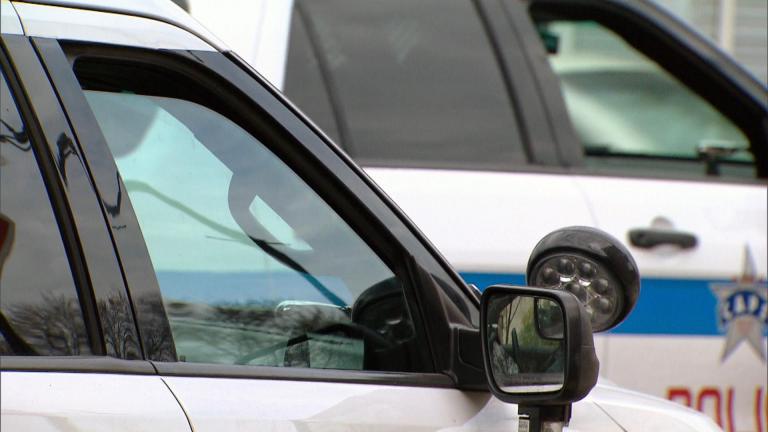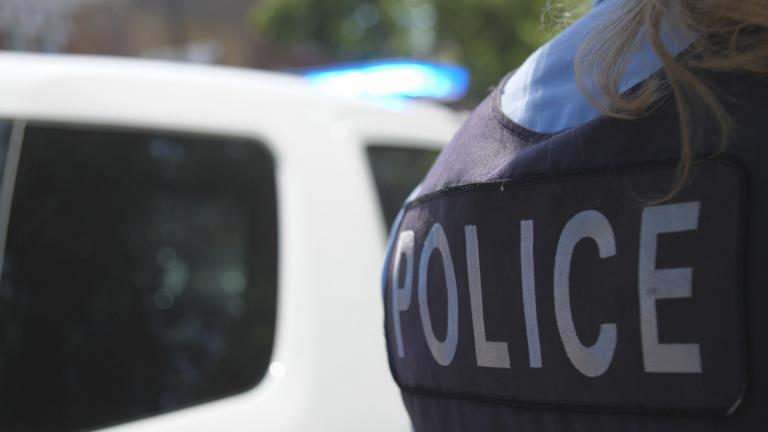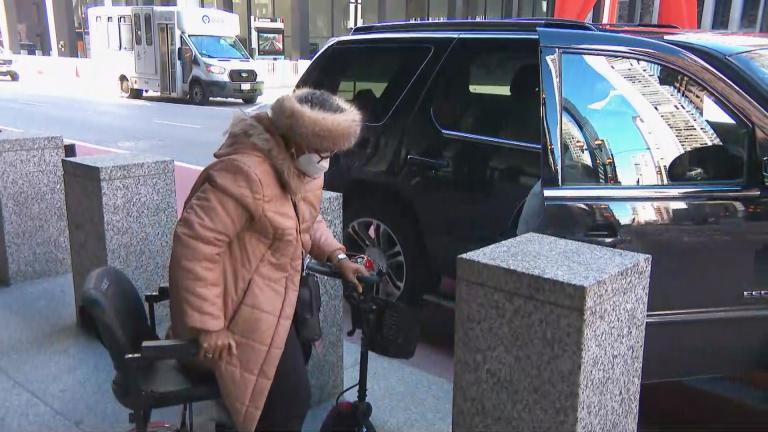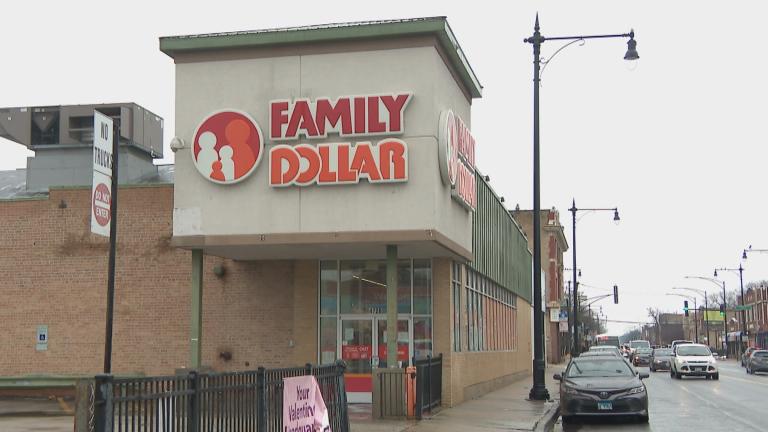Video: Frank Chapman from the Civilian Police Accountability Council and Desmon Yancy from the Grassroots Association for Police Accountability join “Chicago Tonight” to discuss the compromise proposal. (Produced by Nick Blumberg)
Long-stalled efforts to put an elected board of Chicago residents in charge of the Chicago Police Department entered a new phase after supporters of two competing proposals joined forces, setting up a showdown with Mayor Lori Lightfoot.
Although Lightfoot campaigned for mayor in 2019 in support of the proposal from the Grassroots Association for Police Accountability, known as GAPA, she no longer supports the proposal crafted by a coalition of community groups starting in 2016 and is set to introduce her own plan next month.
That shift has put Lightfoot at odds with two of her closest allies on the Chicago City Council, posing a challenge to the mayor and her ability to win at least 26 votes and pass legislation.
“The mayor is continuing to engage in important conversations with aldermen, advocates, and experts around this critical issue and is committed to introducing a workable and comprehensive plan for civilian oversight that will expand and enhance reform and accountability for Chicago’s Police Department,” according to the mayor’s office.
Ald. Roderick Sawyer (6th Ward) said Friday that supporters of GAPA would never have sat down with supporters of a competing proposal known as CPAC without the mayor’s shift — and her announcement that she would introduce her own plan.
“Thanks to Mayor Lightfoot for putting us together,” Sawyer said, calling the result a “true people’s ordinance.”
Lightfoot told WLS Radio on Friday that civilian oversight for the police department would be one of the most “consequential” decisions of her time in office.
The federal consent decree governing the operations of the Chicago Police Department requires the creation of an elected oversight board, and the judge overseeing the department’s reforms will ultimately have to approve the plan as sufficient.
Supporters of the joint proposal — dubbed Empowering Communities for Public Safety — declined to provide the draft ordinance to WTTW News on Friday and did not answer questions about its detailed provisions.
Ald. Carlos Ramirez-Rosa (35th) — the lead sponsor of CPAC — said the proposal would create a two-tiered system of accountability for police officers by focusing on each of the 22 police districts as well as citywide.
“Policing in Chicago is broken and has been for a long time,” Ramirez-Rosa said.
The new proposal is a “principled compromise that took a lot of work,” Ramirez-Rosa said.
The board would have the power to hire and fire the head of the Civilian Office of Police Accountability, known as COPA, the agency charged with investigating officer misconduct, and would have the final say on policy disputes between the police department and its two oversight agencies: COPA and the Police Board.
The issue of the ultimate authority on policy was what derailed the passage of the ordinance crafted by GAPA exactly a year ago. Lightfoot demanded that the mayor have the power to resolve any disputes, while the proposal from GAPA would give the ultimate decision-making power to the commission.
In addition, Lightfoot objects to giving the elected oversight board the power to trigger City Council hearings and action with a no-confidence vote in the superintendent and the president of the Police Board and the head of COPA.
CPAC would have given an elected board the power to hire and fire the superintendent. Lightfoot has rejected that proposal as too far-reaching.
A binding referendum, which could go to voters in 2022, could give the 11-member board the power to hire and fire the superintendent, negotiate contracts with the police department’s labor unions and set the Chicago Police Department’s budget, the Sun-Times reported Thursday. The mayor would appoint two members of the board.
While she was president of the Chicago Police Board, Lightfoot led the Police Accountability Task Force formed by then-Mayor Rahm Emanuel in the wake of the outcry caused by the 2014 murder of 17-year-old Laquan McDonald by a police officer. The 2016 task force’s first recommendation was to create a “Community Safety Oversight Board, allowing the community to have a powerful platform and role in the police oversight system.”
Even though Lightfoot joined GAPA organizers to unveil the coalition’s first proposal for an elected oversight board, she said Sept. 29 that she was “moving on” from the coalition.
Supporters of an elected police oversight board hoped the push would get new life after the police killing of George Floyd touched off nationwide protests, but Lightfoot left that proposal off a list of reforms she introduced and vowed to implement in 90 days. Despite the outcry, Chicago has not made any changes to the way the police department operates, or holds officers accountable for misconduct.
While a majority of aldermen co-sponsored the proposal crafted by GAPA, it is not clear how many would support the newly crafted compromise measure.
Note: This story was originally published March 19, 2021. It has been updated to include our “Chicago Tonight” discussion.
Contact Heather Cherone: @HeatherCherone | (773) 569-1863 | [email protected]







